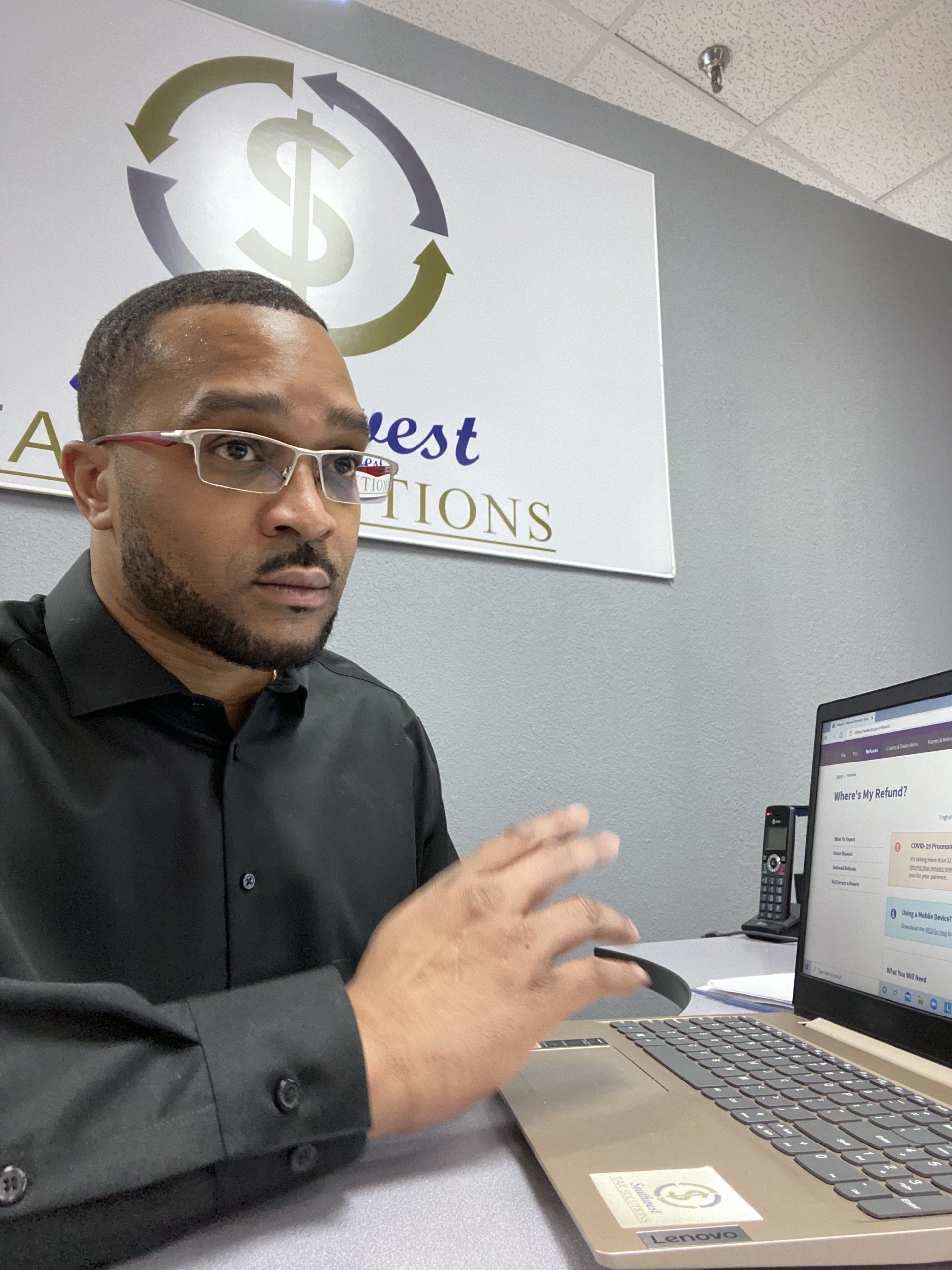Understanding The IRS
The Internal Revenue Service (IRS) is in charge of enforcing federal tax laws enacted by Congress. The IRS has three primary responsibilities: filing tax returns, providing service to taxpayers, and enforcing the law. In addition, the IRS regulates tax-exempt entities and eligible retirement programs and performs criminal investigations.
Where does the IRS money go?
Many people are curious about what happens to the money they pay in taxes. The government invests in things like education and technology with the money you pay in federal taxes. The funds are also used to supply the nation with goods and services. Major health services and social welfare are the two largest areas of spending.
What is an IRS audit and the reasons for an audit?
An IRS audit is a review or analysis of an organization or individual's records and financial reports to ensure that the data is reported accurately under tax laws and that the tax sum reported is accurate. Here are some of the reasons why the IRS can give you an audit notice. Data entry errors; if you switch data from one location to another, you run the risk of entering data incorrectly or making a math mistake. Even incorrectly entering your social security number will result in an audit. Unreported revenue, as well as taking certain percentages of your income, is not a smart idea since the IRS receives the same income reporting that you did and will find it. Overstating deductions; donating is a good thing, just don't overstate the amount on your taxes, and always get a receipt if the sum is large. Wrong filing status; determining the correct filing status can be difficult, especially if you are married and your spouse does not work or is self-employed. A reputable tax consultant will be able to assist you in this situation. Claiming non-existent dependents; claiming children you don't have is illegal and can result in an IRS audit. Earned income compensation is only available to people with very low wages. Self-employment; the IRS usually scrutinizes self-employed people, particularly if they haven't reported a profit for a few years. If you're not making a profit, the IRS assumes you're using the status to avoid paying taxes, which is against the law. Excessive losses can also be seen as a hobby rather than a corporation, and deductions may be denied.
How do I get a person on the phone at the IRS?
You can reach an IRS customer support representative by calling the IRS, which we have mentioned under our contact numbers on our website for your convenience. Monday through Friday, from 7 a.m. to 7 p.m., the IRS provides customer support.
How do we help you with the IRS?
If you or your company is facing an IRS audit, Southwest Tax Solutions will represent you. When it comes to dealing with tax issues and IRS audit procedures, we have years of experience. When dealing with the IRS and other tax authorities, we'll make sure you're well represented. We know exactly what details and documentation they can need, and we can assist you in assembling them for submission to the IRS.







